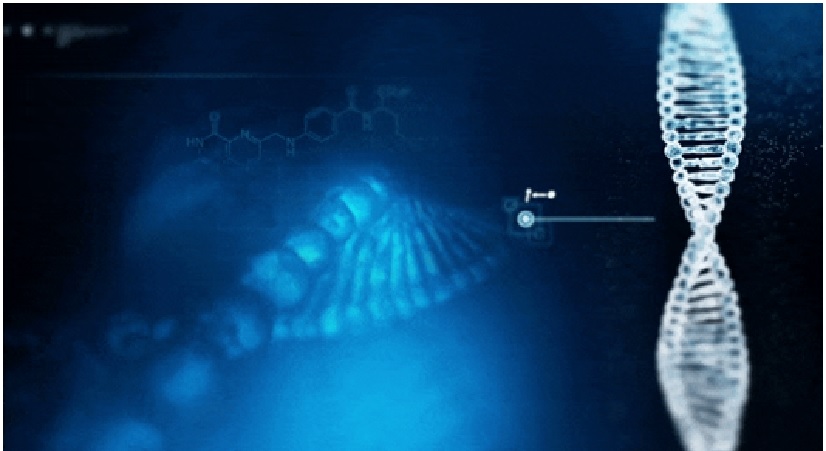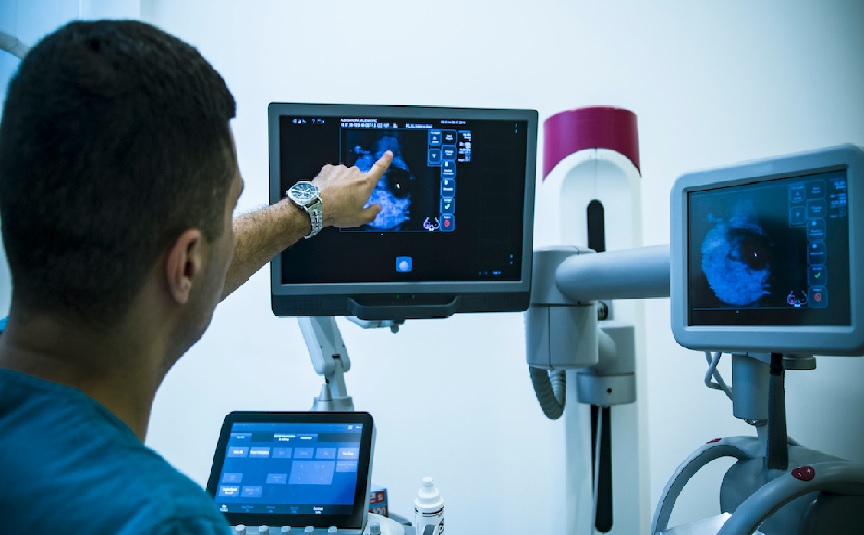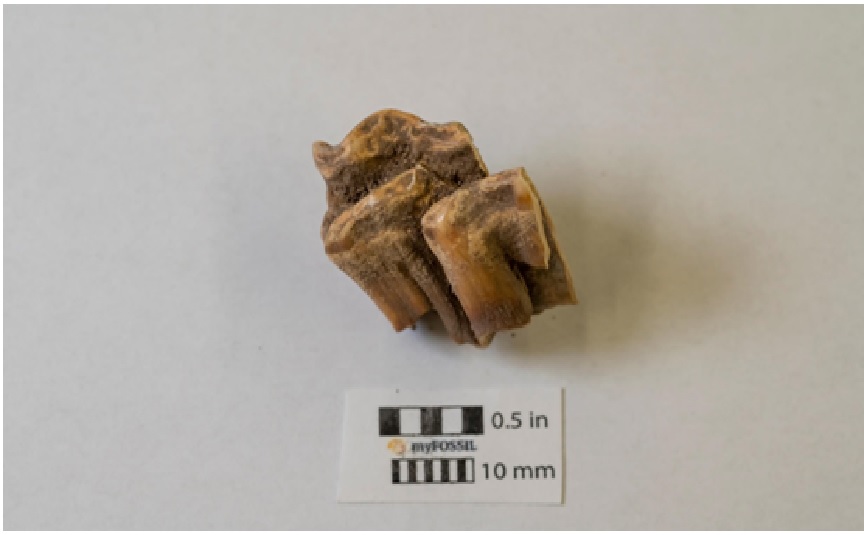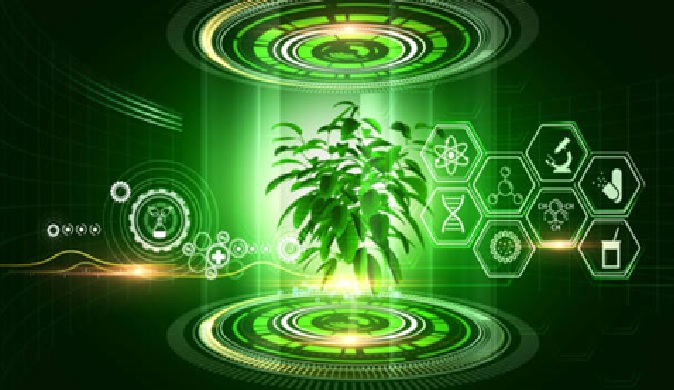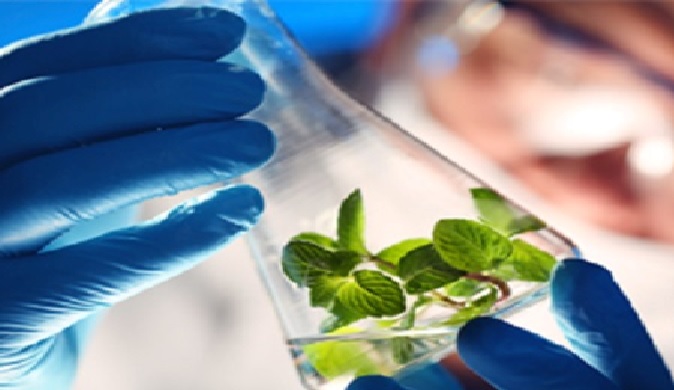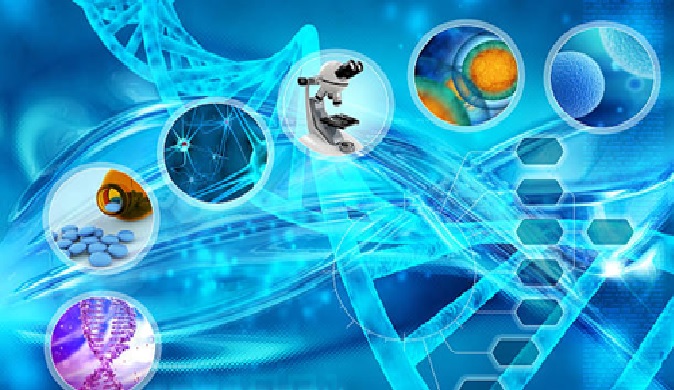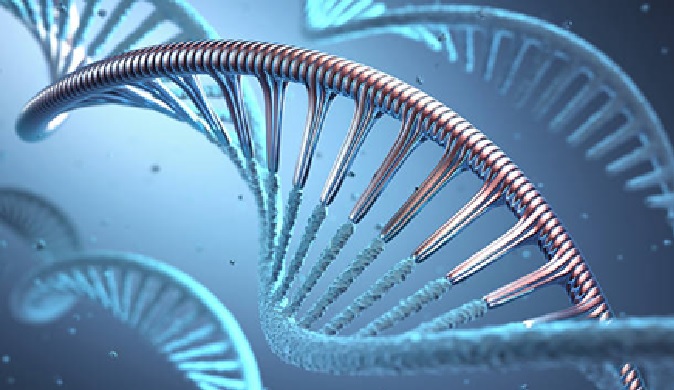Precision Agriculture
Precision agriculture is a modern approach to farming that uses technology and data analysis to optimize crop production and minimize waste. In precision agriculture, farmers use sensors, GPS mapping, and other advanced technologies to collect data on soil conditions, weather patterns, and crop growth. This data is then analysed using machine learning algorithms to identify patterns and make predictions about future crop performance.
Agriculture production systems have benefited from incorporation of technological advances primarily developed for other industries. The industrial age brought mechanization and synthesized fertilizers to agriculture. The technology age offered genetic engineering and automation. The information age brings the potential for integrating the technological advances into precision agriculture (PA) (Whelan et al., 1997).[1]
This new approach mainly benefits from the emergence and convergence of several technologies, including the Global Positioning System (GPS), geographic information system (GIS), miniaturized computer components, automatic control, in-field and remote sensing, mobile computing, advanced information processing, and telecommunications (Gibbons, 2000). Agricultural industry is now capable of gathering more comprehensive data on production variability in both space and time. [1]
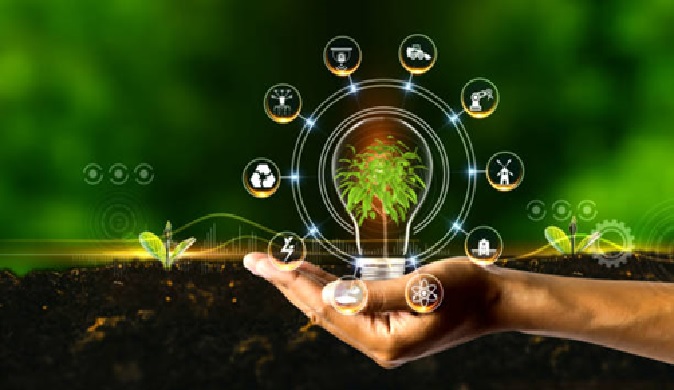
Figure 1.Precision Agriculture
Figure 1 shows Precision agriculture allows farmers to tailor their farming practices to the specific needs of their crops, resulting in higher yields and more efficient use of resources such as water and fertilizer. For example, by using precision agriculture techniques, farmers can identify areas of their fields that are particularly prone to pests or diseases and apply pesticides or other treatments only where they are needed, rather than applying them uniformly across the entire field.
Precision agriculture also has environmental benefits, as it can reduce the amount of fertilizer and other chemicals that are applied to crops, minimizing the risk of pollution and other negative environmental impacts.
Overall, precision agriculture is a rapidly growing field that is helping to transform the way that food is produced around the world. As technology continues to advance, it is likely that precision agriculture will become even more sophisticated, leading to further improvements in efficiency and sustainability in the agricultural sector.
References:
- https://www.sciencedirect.com/science/article/abs/pii/S0168169902000960
Cite this article:
Janani R (2023),Precision Agriculture , AnaTechMaz, pp.117




